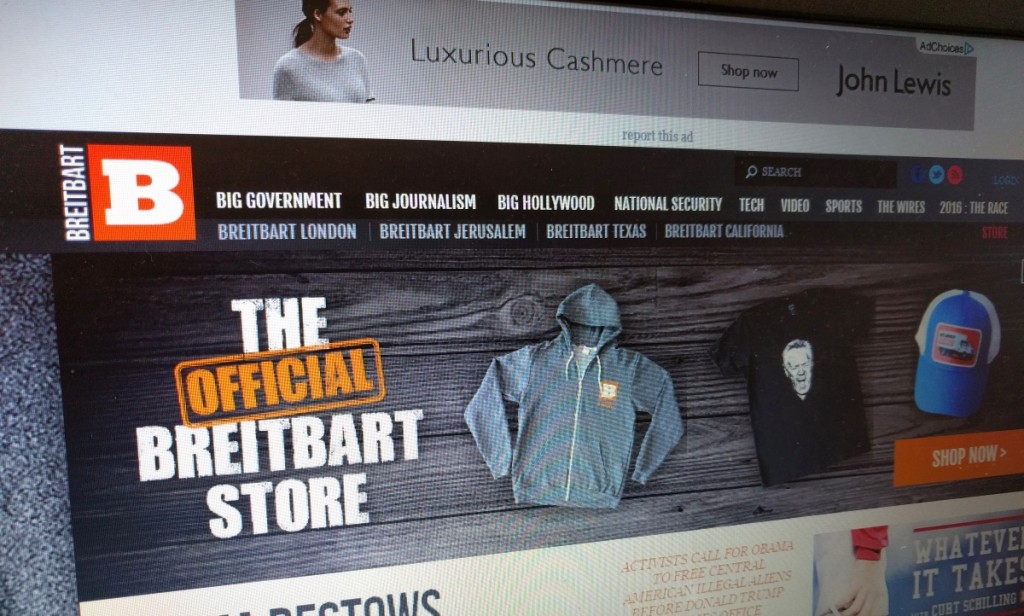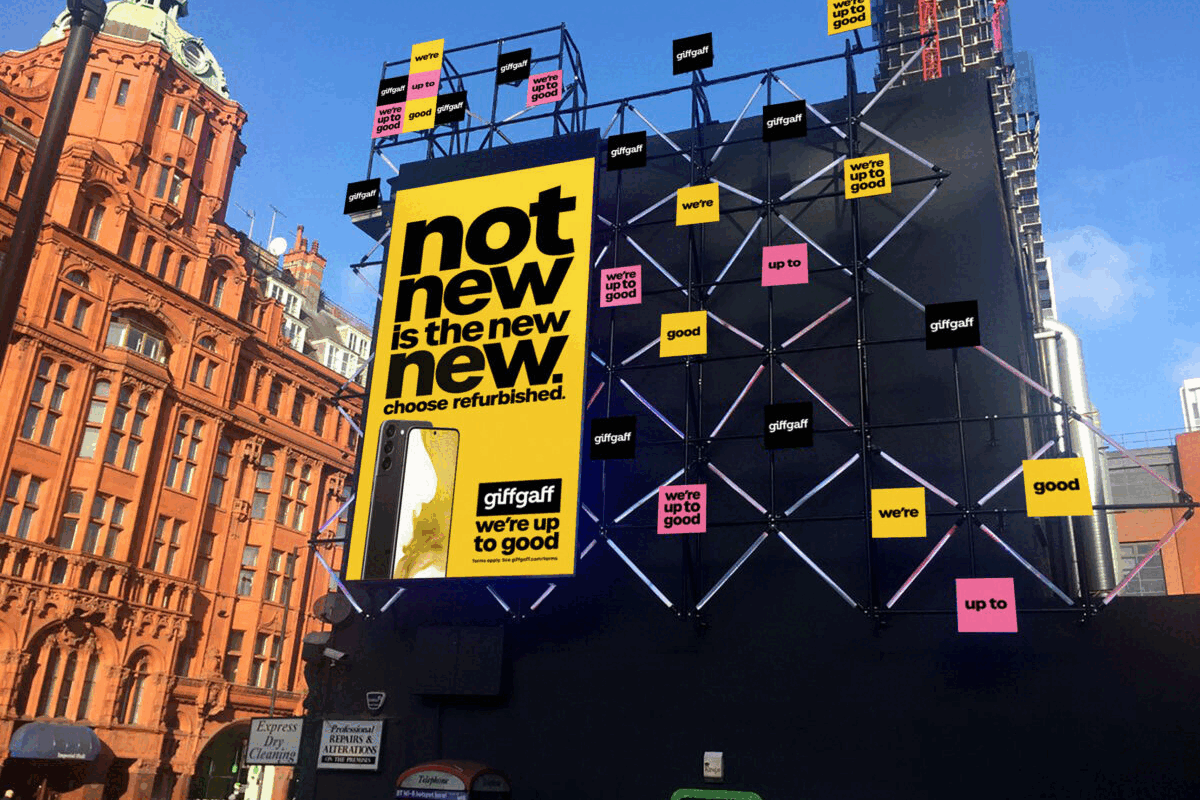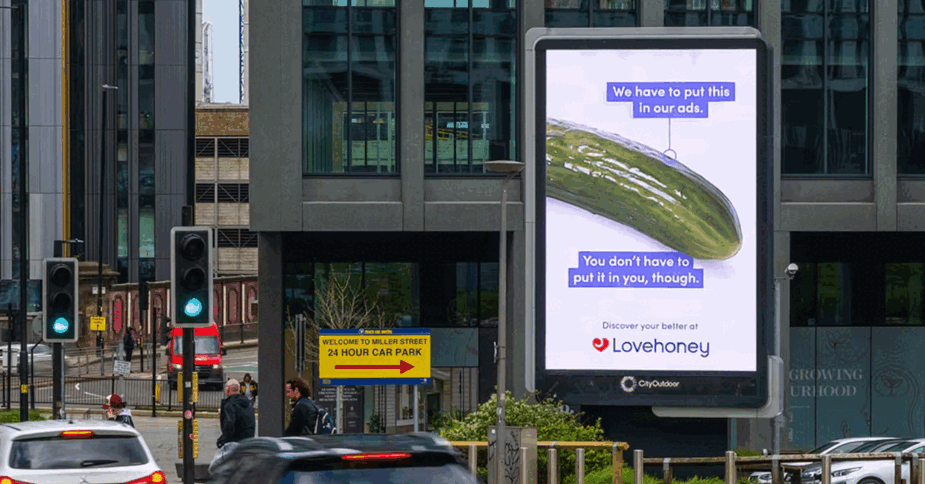Brands Abandon Breitbart News Following Public Campaign
- Friday, December 2nd, 2016
- Share this article:

As President-elect Donald Trump continues with his transition plans, the fallout from the US Presidential election is still being felt in various forms. Among one of the results of the campaign was a higher profile for Breitbart News, the controversial right-wing news site whose executive chair Stephen Bannon served as CEO of Trumps campaign and has been named as his chief strategist and senior counselor for his Presidency.
This higher profile hasnt been all good news for the online publisher, however, as numerous brands have begun to cease advertising on its site following public campaigns aimed at reducing its ad revenues.
The first business to cease operations with Breitbart News wasnt a brand, but rather an ad tech firm. Last week, AppNexus announced it was barring the site from using its ad serving technology, citing a violation of the companys hate speech rules.
According to AppNexus, it performed a human audit of the site and found multiple breaches of its rules, in both articles and headlines. Although Breitbart doesnt directly buy ads from AppNexus, it uses the companys automated networks and exchanges – or at least it did until recently.
The news that AppNexus was barring Breitbart from its services was followed this week with a number of brands removing their own campaigns from the site. Kelloggs was the first to announce it was pulling its adverts, and since then brands including Warby Parker, Allstate and Nest have all followed suit.
“We regularly work with our media buying partners to ensure our ads do not appear on sites that arent aligned with our values as a company,” a Kelloggs spokesperson told Mobile Marketing. “This involves reviewing websites where ads could potentially be placed using filtering technology to assess site content.
“As you can imagine, there is a very large volume of websites, so occasionally something is inadvertently missed. In this case, we learned from consumers that ads were placed on Breitbart.com and decided to discontinue advertising there.”
Consumers contacting Kelloggs over its ad placements on Breitbart wasnt an isolated incident. There have been a number of campaigns, largely conducted via Twitter, aimed at informing brands they were advertising on the site, and encouraging them to pull their support. These campaigns have been orchestrated by accounts like Sleeping Giants, and use hashtags such as #NoAdsForHate and #GrabYourWallet to coordinate efforts.
In many cases, due to the use of programmatic trading and retargeting, brands are often unaware that their ads are appearing on controversial sites such as Breitbart. Most brand safety tools focus on content like pornography or illegal material rather than political agendas, so brands would have to explicitly blacklist sites rather than relying on automated tools.
Breitbart has not taken the loss of its advertisers lying down, and has launched a #DumpKelloggs campaign urging people to boycott the brand in reaction to it pulling its advertising. So far, over 220,000 people have signed the pledge, which Breitbart calls a “movement against Kelloggs bigotry”.
“Breitbart news is the largest platform for pro-family content anywhere on the internet,” said a Breitbart spokesperson in a statement on the campaign. “For Kelloggs, an iconic American brand, to blacklist Breitbart News in order to placate left-wing totalitarians is a disgraceful act of cowardice.
“Boycotting mainstream American ideas is an act of discrimination and intense prejudice. If you serve Kelloggs products to your family, you are serving up bigotry at your breakfast table.”
















